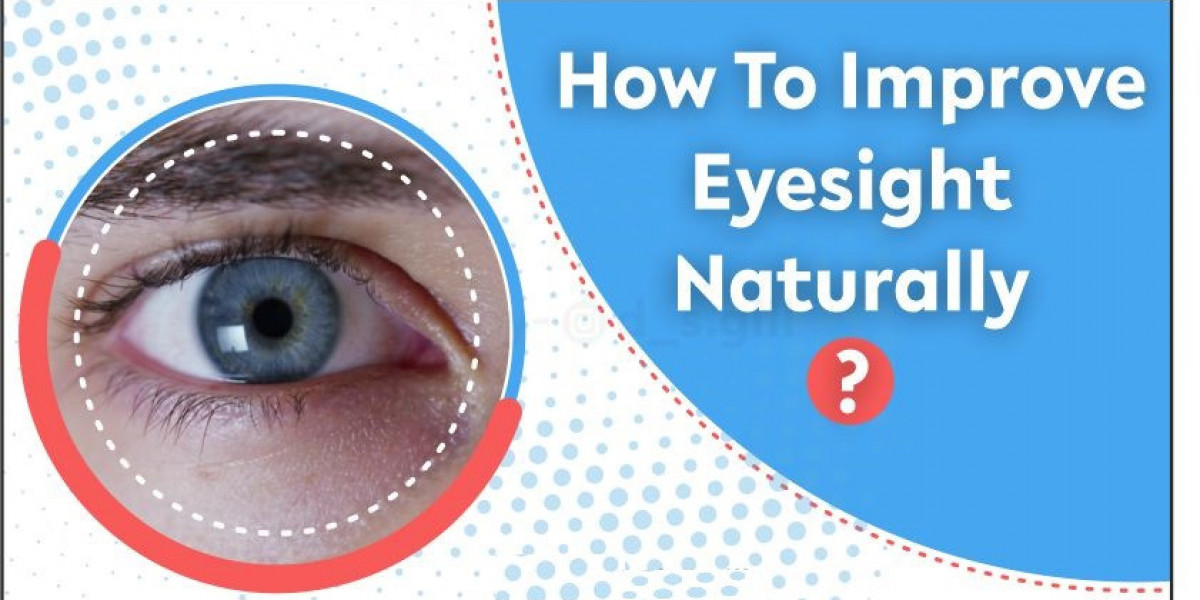Cataract surgery is one of the most common and successful vision-restoring procedures worldwide. However, many patients who require surgery on both eyes often notice differences between the first and second procedures. Questions like “Why is 2nd cataract surgery harder?” and concerns about needing glasses after cataract surgery one eye are common. At Eye Q India, we aim to address these concerns with expert guidance and state-of-the-art care.
Why is Second Cataract Surgery Harder?
Although cataract surgery on the second eye is technically the same as the first, patients often perceive it as harder due to the following reasons:
Mental Preparedness:
After experiencing the first surgery, patients may develop heightened anxiety or fear about complications, even if the first procedure was smooth. This can make the second surgery feel more challenging emotionally.Visual Adjustment Challenges:
After the first eye heals, the brain becomes accustomed to the improved vision in one eye. When the second eye undergoes surgery, there might be a temporary imbalance in visual perception, causing discomfort during the adjustment period.Healing Variations:
Each eye responds differently to surgery. Factors like pre-existing conditions, inflammation, or healing speed can make the second surgery feel different or more complex.Higher Expectations:
Patients often set higher expectations for the second surgery, hoping for the same or better results. If healing or vision improvement takes slightly longer, it may feel more frustrating.
Glasses After Cataract Surgery in One Eye
A common question is whether glasses are still needed after cataract surgery on one eye. The answer depends on various factors:
Monofocal Lenses:
If a monofocal intraocular lens (IOL) is used, it corrects vision for a single distance (near or far). This may require glasses for tasks like reading or driving.Difference Between Eyes:
If cataract surgery is performed on one eye while the other still has a cataract, there may be a difference in vision clarity. Glasses or contact lenses can help balance the vision between the two eyes.Astigmatism:
Residual astigmatism, if not corrected during surgery, may necessitate glasses for sharp vision.Presbyopia-Correcting Lenses:
Advanced IOLs, like multifocal or toric lenses, reduce the need for glasses but may not eliminate them entirely, depending on the individual’s visual needs.
Expert Care at Eye Q India
At Eye Q India, we understand that every patient’s cataract journey is unique. Whether you’re preparing for your first or second cataract surgery, our specialists provide personalized care tailored to your needs. From helping you choose the right IOL to managing post-surgery adjustments, we ensure a smooth and comfortable experience.
We also address the concerns of needing glasses after cataract surgery one eye, offering solutions like prescription glasses, advanced lens options, or further vision correction procedures to achieve your desired outcomes.
Conclusion
Cataract surgery, whether for the first or second eye, requires expert care and attention to detail. While the second surgery may feel harder due to emotional, visual, or physical factors, the procedure itself is equally effective in restoring vision. Similarly, whether you need glasses after cataract surgery one eye depends on the type of lens used and individual vision goals.
At Eye Q India, our team of experienced ophthalmologists ensures that you receive the best care at every step. Contact us today to learn more about cataract surgery and personalized solutions for your vision needs.








